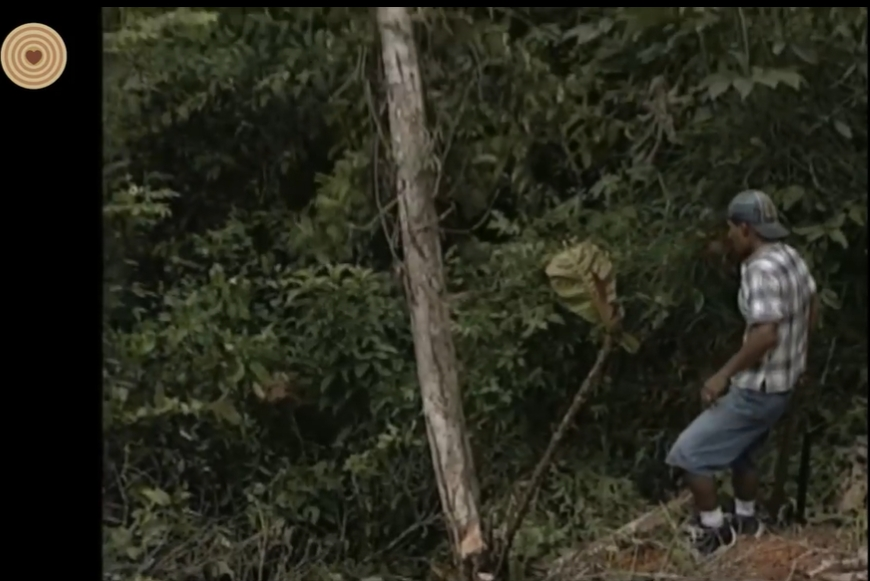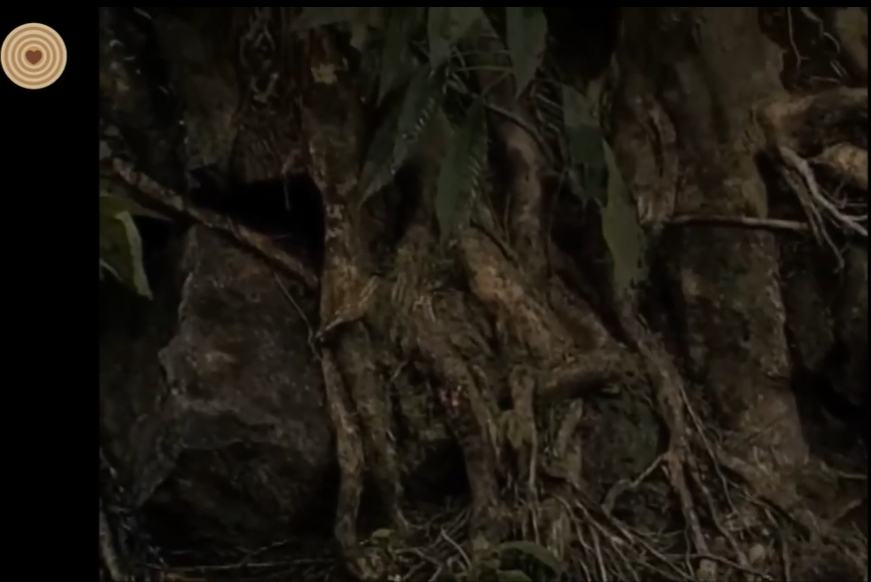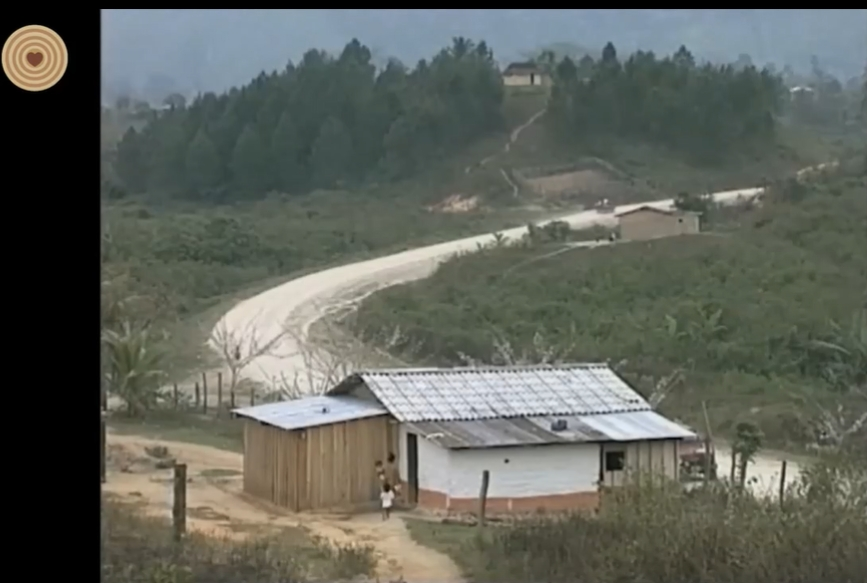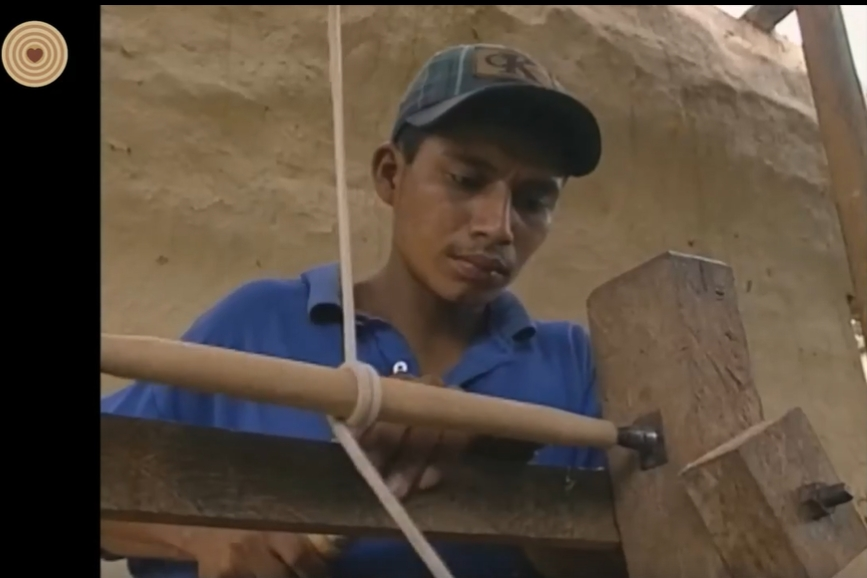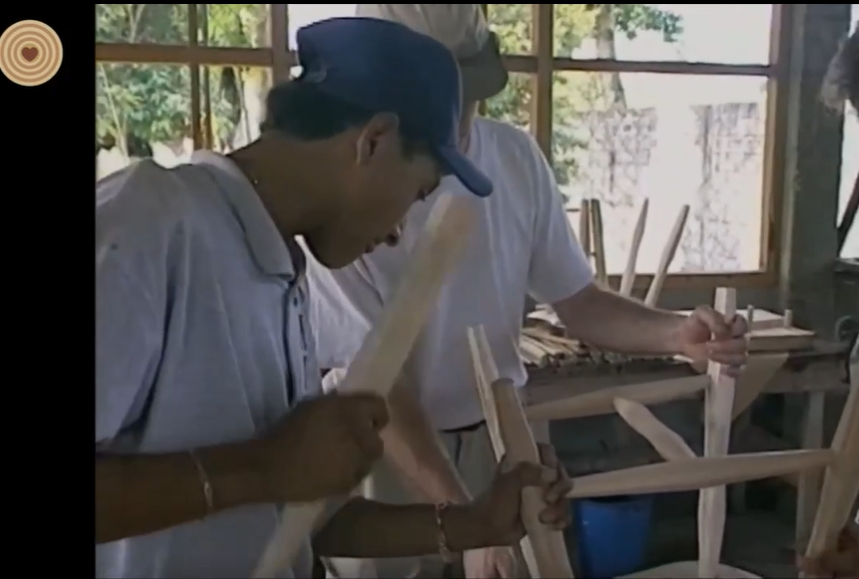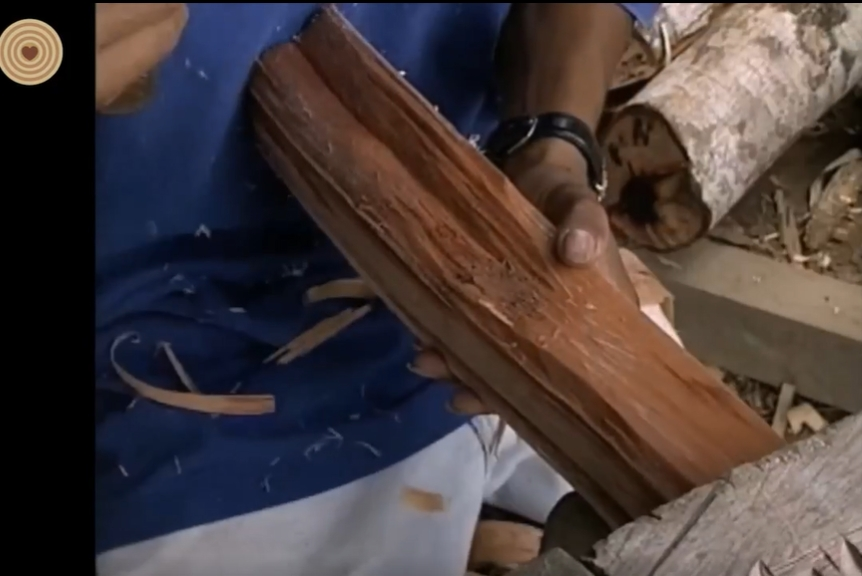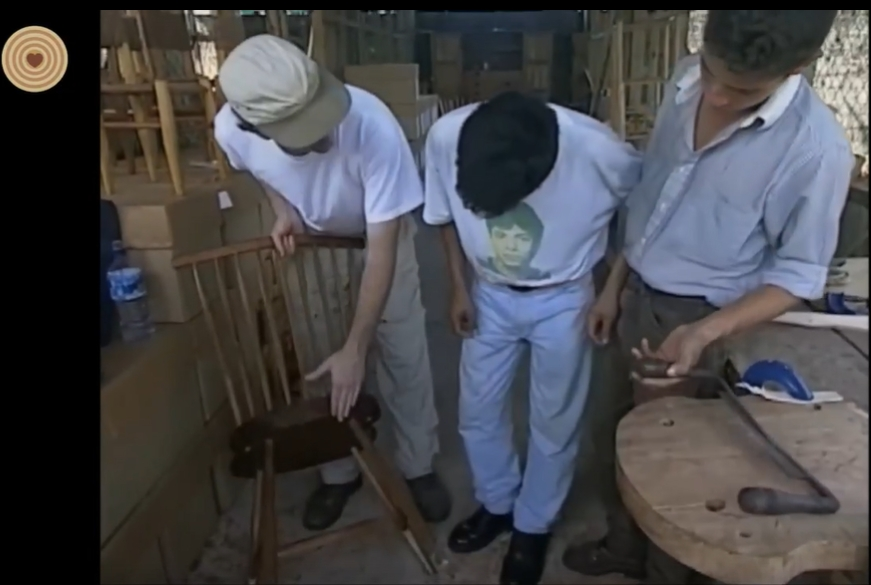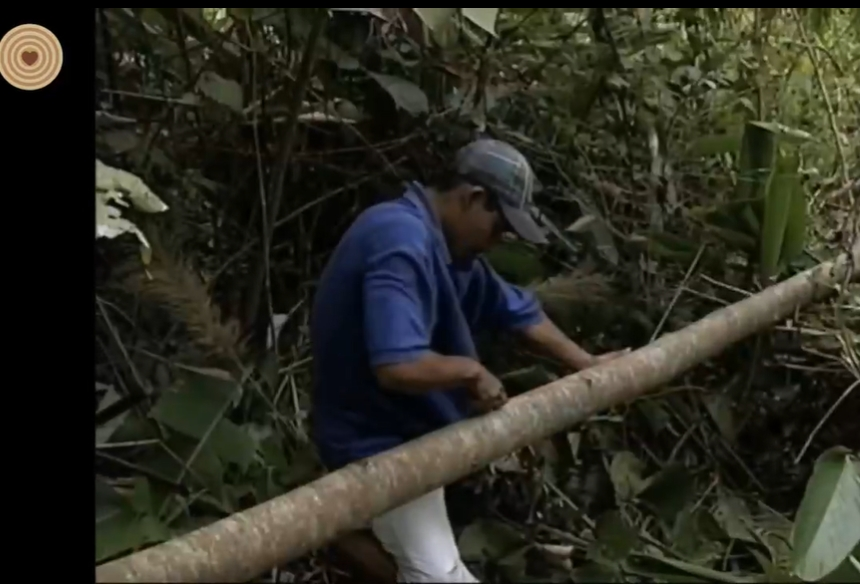会议名称:“2021世界木材日”研讨会暨第三届国际林联(IUFRO) 林产品文化研究组讨论会
会议时间:2021年3月21日
报告嘉宾:Scott Landis
嘉宾简介:President/Executive Director of GreenWood
摘要:
Since 1993 GreenWood artisans in Honduras and Peru have produced everything from chairs and carved bowls to boats and sawn mahogany guitar stock. In the last three years we installed two innovative bicycle lathes and conducted woodturning workshops in several off-the-grid forest communities in Honduras. One recent trainee has since turned more than 1,000 carving mallets for export to Canada and the US, generating income for his family in a remote village whose main occupations include subsistence agriculture and illegal gold-mining. A second GreenWood-trained furniture maker has joined this production, providing critical income during the last year of the pandemic, when so many normal sales channels have dried up.
This innovative enterprise addresses several key challenges that have undermined efforts to establish a sustainable supply chain for tropical wood products for centuries. The first has to do with our exclusive use of lesser-known wood species for this product, harvested from trees that otherwise have little or no market demand in or beyond Honduras. The tropical rainforest is home to many hundreds of tree species. But the best known and most valuable of those species— mahogany and Spanish cedar in Central America—regenerate naturally in relative low densities, no more than a few trees per hectare in Honduras. When those specimens are removed, legally or otherwise, the remaining forest has little to no value, making it highly susceptible to the agricultural conversion that has taken place in tropical forests around the world. The creation of value-added wood products made from otherwise unknown and under-utilized timbers creates income for local forest communities and incentives for the protection and management of those forests as forest. A truly sustainable forest is one that is economically more attractive than any other use.
The use of appropriate woodworking tools and technology addresses other common obstacles in the development of viable wood enterprise in the developing world. Considerable donor support has been used to install “first-world” woodworking equipment in “third-world” communities. Such equipment relies upon resources that are in short supply, or entirely absent, in much of tropical America: It is expensive and difficult for individual artisans to purchase, maintain and repair, due to lack of access to capital and the limited availability of replacement parts. It also requires electricity that is unreliable or nonexistent in remote forest communities. GreenWood’s mallet project helps remedy all of these issues, making it an accessible model for wood artisans everywhere.
责任编辑:iwcs25H


 1,265
1,265